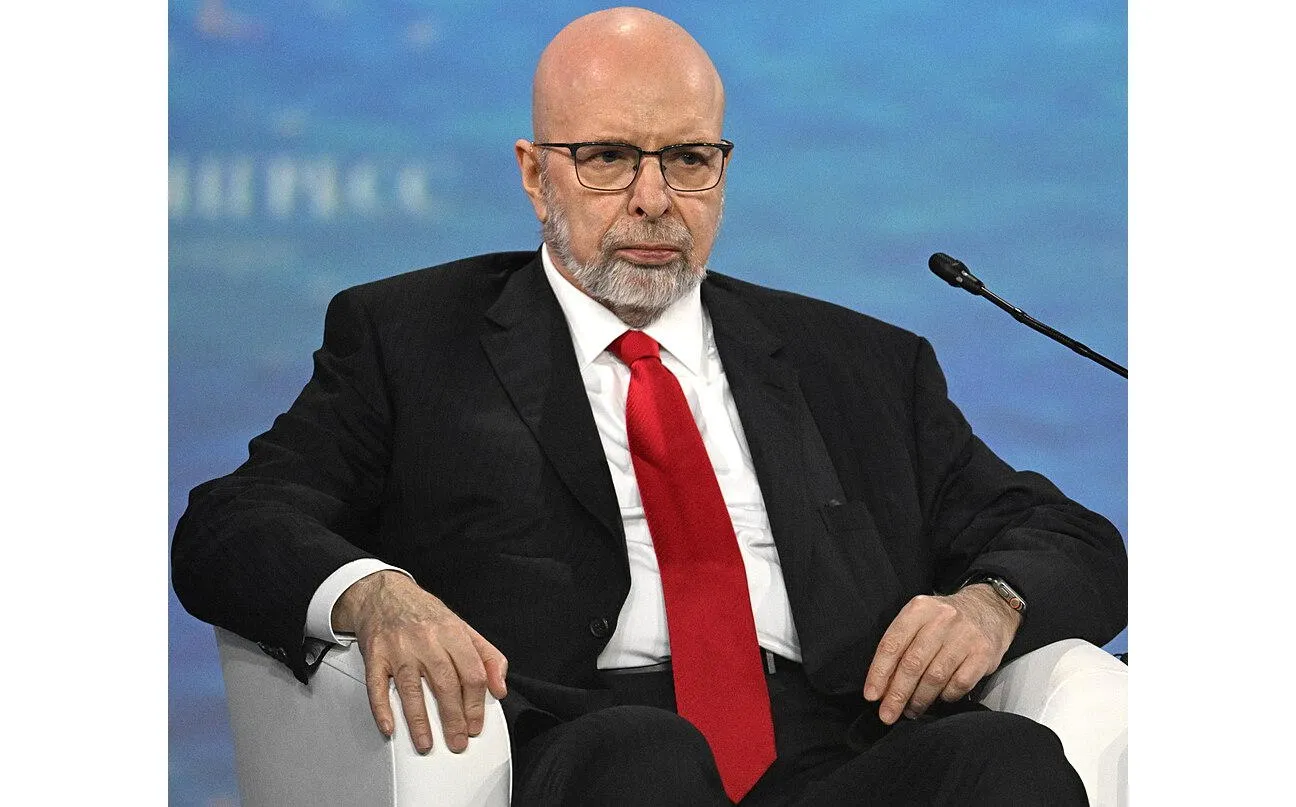Schiller Institute board member, and long-time associate of Lyndon LaRouche, Harley Schlanger, replied to interview questions from the Iranian-based Organization for Defending Victims of Violence (ODVV). The interview was published today on their blog under the headline, “The Void of International Humanitarian Law in the Gaza Humanitarian Crisis.”
ODVV’s preface to the interview reads in part: “Before the start of the new round of Israeli attacks, Gaza was known as one of the worst humanitarian crisis areas in the world ... deteriorating catastrophically after more than a month of continuous Israeli attacks.... The complete siege of Gaza by Israel, which has been under siege for the past 17 years, has pushed the humanitarian crisis in this region to despair….” It notes how hospitals, trying to continue aiding the sick and injured, but, due to Israeli attacks, are “running out of equipment” and having to curtail services.
The written interview with the Schiller Institute was done to highlight this crisis. The first question asked, that, given the cut of food and water: “What do you think of the starvation of civilians and children as a tool for war?” Schlanger replied that the “withholding of food, water, electricity, and medicine is a violation of international law.” This, he noted, is “war by other means,” as witnessed by the “sanctions against Afghanistan, Yemen, Syria, and Iran among others.” He added: “The Israeli cutoff of food, water, and electricity to the civilian population of Gaza should be prosecuted as a war crime.” Question three asked, what is it that prevents the international community from dealing with “gross violations of human rights by Israel?” Schlanger focused, among other aspects, on how Western governments “have accepted the basic theses of British geopolitics,” and referencing 1916 Sykes-Picot division of Southwest Asia between France and the British Empire.
The fifth and final question asked, how do we end the siege on Gaza, and importantly, “what should be done to heal this 75-year-old wound?” Schlanger wrote: “There must be an immediate ceasefire, and aid provided to the population of Gaza and the West Bank, as well as an international peace conference, as proposed by China.” He also touched on the “economic Annexes of the Oslo Accord,” a two-state solution. Though, pointing to the real answer, he wrote: “But the deeper issue is how to construct a peace based on mutual benefit for the two states and the region as a whole,” which cited Helga Zepp-LaRouche’s Ten Principles. The posting includes links to the Schiller Institute and Executive Intelligence Review. The interview was translated into Farsi as well.
The ODVV is affiliated with various entities of and within the UN. It is a “non-governmental, non-profit, non-political organization in Special Consultative Status to the Economic and Social Council of the United Nations (ECOSOC)” and was founded in 1988 in Tehran, Iran. ODVV “delivers legal and humanitarian services,” with a focus on “promoting global peace through control and elimination of Weapons of Mass Destruction.” It is also associated with the UN Department of Global Communications (UNDGC), a member of the Asia Youth Network, Conference of Non-Governmental Organizations (CONGO).



